Fitbit Labs opens three new AI experiments that Apple Watch fans might envy
Gemini-powered Fitbit Labs wants to decode your lab work, explain symptoms, and flag silent health changes.
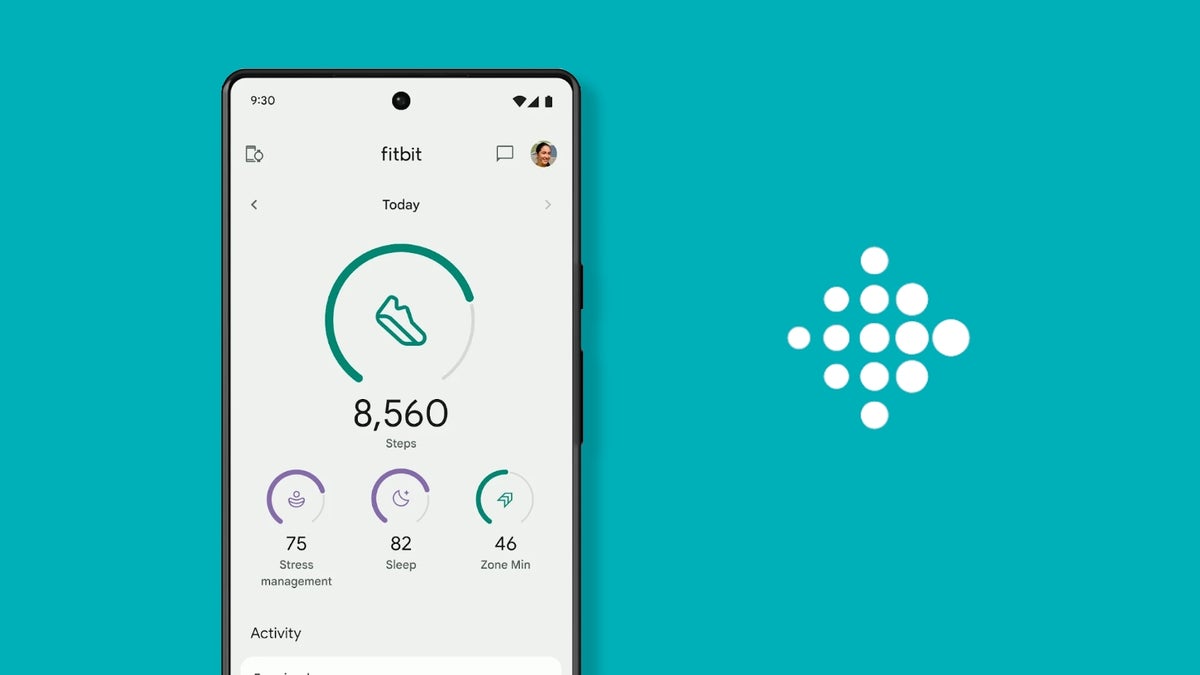
Fitbit has opened the doors to three fresh experiments in Fitbit Labs, aiming to turn your fitness tracker into a smarter health companion. Starting today, eligible Android and iPhone users in the U.S. will see a Labs card in the Fitbit app. From there you can hop on the waitlist for Medical record navigator, while two more tools, Symptom checker and Unusual trends, are on the way in the next few weeks.
All three use Google’s Gemini model to take raw numbers and turn them into plain language advice. These are the experiments available:
Fitbit says these tools are investigational only and not to be used to substitute medical advice. Furthermore, they are not approved to diagnose or treat any condition, and you can leave a study at any time, which deletes the data you shared.
It looks like competition in the health arena is heating up. Reports say Apple is testing its own AI health agent for the Health app, Samsung is folding Galaxy AI analytics into Samsung Health and its upcoming Galaxy Ring, and wearables like Whoop already flag early signs of illness by watching heart-rate variability dips. Everyone wants to turn passive data into proactive coaching before you even notice something is wrong.
Fitbit Labs launched just seven months ago, and the first project, Insight Explorer, showed people are eager to ask an AI why yesterday’s long run wrecked their sleep score. This new trio feels like the next logical step: start with confusing lab paperwork, help you decode vague symptoms, then alert you when hidden changes in your body pop up.
- Medical record navigator lets you upload recent blood work or other lab files. Gemini scans the document and returns a clear summary, explains medical terms in everyday words, and points you to learning resources.
- Symptom checker is a chat style assistant for days when you feel off. Describe what hurts, answer a few follow-up questions, and it suggests possible reasons so you can decide if more research or a doctor’s visit is needed.
- Unusual trends keeps an eye on metrics like resting heart rate, heart-rate variability, and overnight breathing rate. Once it learns what is normal for you, it pings you when something drifts out of range.
Once an experiment is available to you, it will show up for you under the Fitbit Labs main page. | Images credit — PhoneArena
It looks like competition in the health arena is heating up. Reports say Apple is testing its own AI health agent for the Health app, Samsung is folding Galaxy AI analytics into Samsung Health and its upcoming Galaxy Ring, and wearables like Whoop already flag early signs of illness by watching heart-rate variability dips. Everyone wants to turn passive data into proactive coaching before you even notice something is wrong.
Even though it does not count as a medical diagnosis, having this information at your fingertips can be very valuable to warn you that something may be wrong and needs further examination. I am always in favor of tech that can make our lives better, especially when it has the potential to literally save your life.
Follow us on Google News
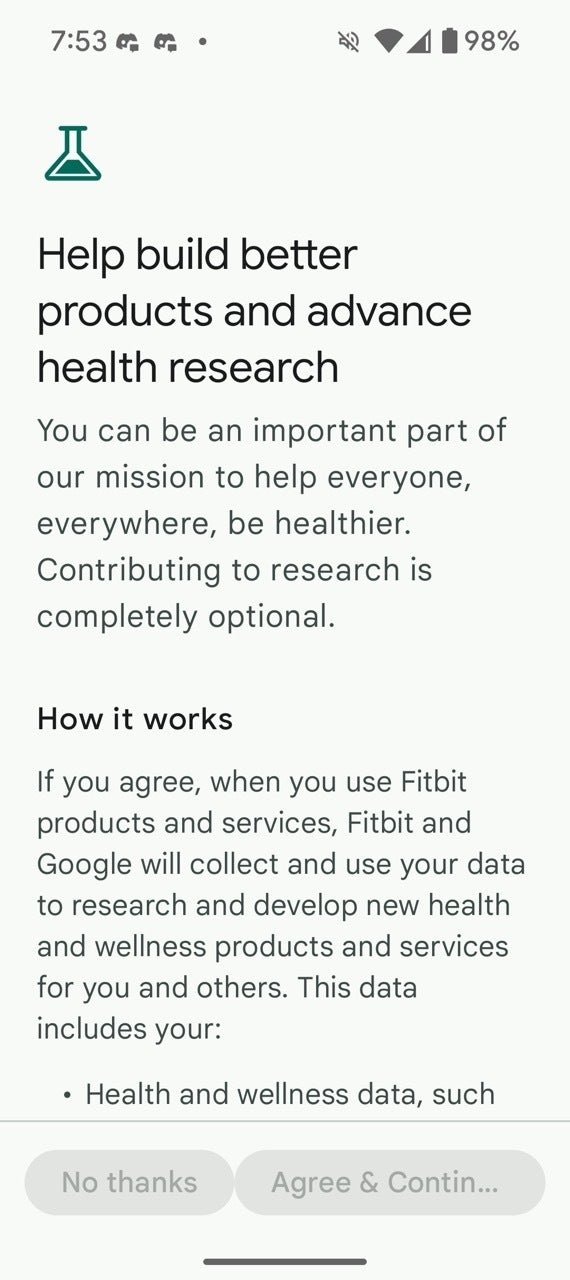
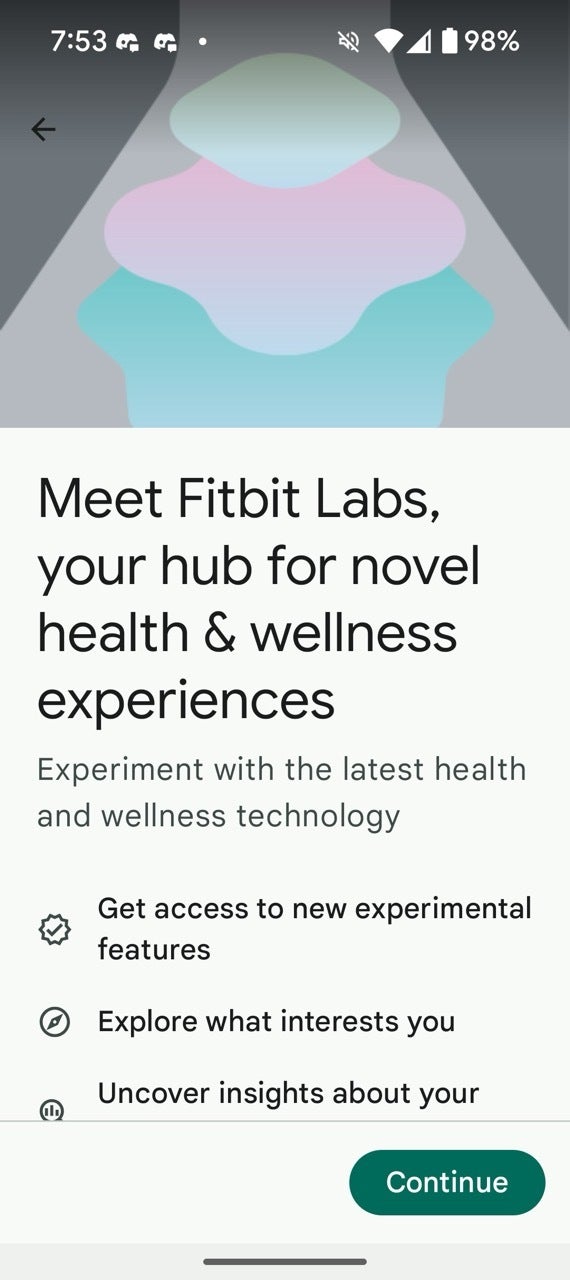
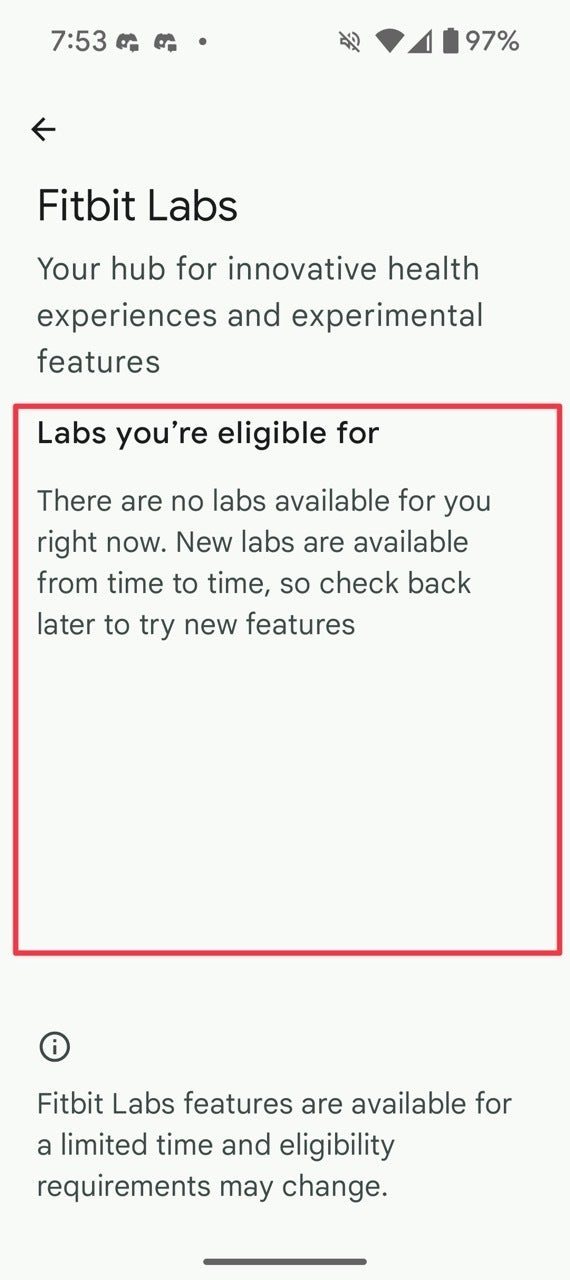



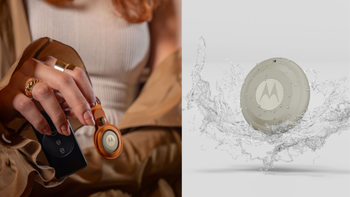
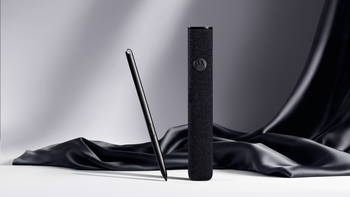
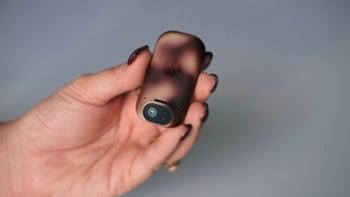
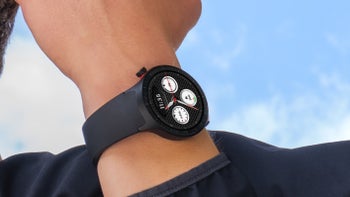




Things that are NOT allowed:
To help keep our community safe and free from spam, we apply temporary limits to newly created accounts: